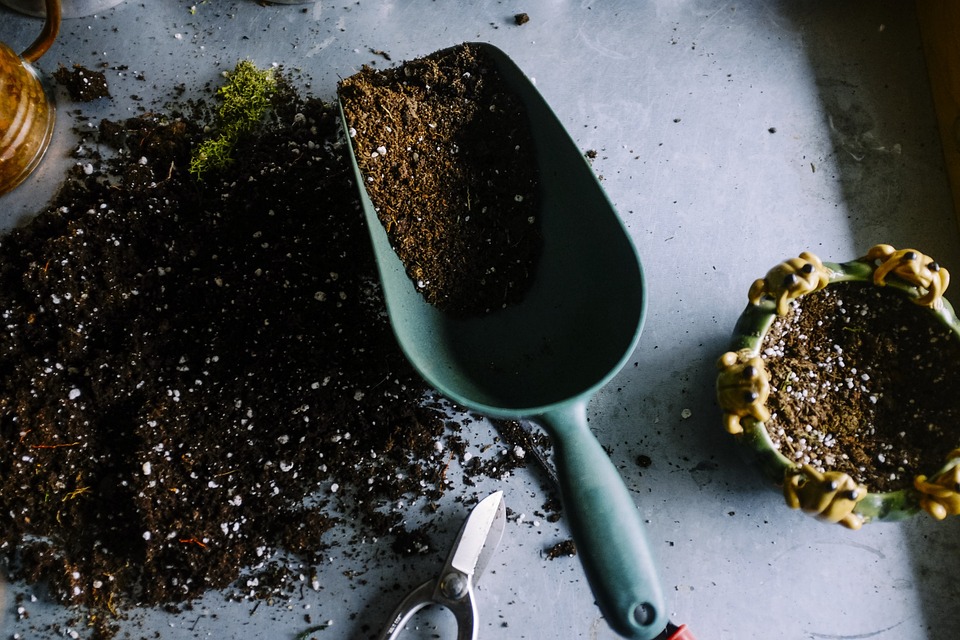As far as cannabis farming is concerned, there are certain issues plaguing this industry: chemical safety and sustainability. Ideally, a solution that will solve these two problems concurrently does exist, and it is known as no-till farming.The good thing about this technique is that you do not require dangerous chemicals, and it is a more practical approach than available alternatives.
What is No-till Farming?
 This type of farming is also known as zero tillage farming or direct drilling. This gardening method does not move soil through tillage. You should note that this is a mechanical method of disturbing the soil, like digging, overturning, and stirring. During a standard tilling process, plough digs into flips and ground over the layers. The idea is breaking the old soil and replenishes it to make it ready for the planting of seeds.
This type of farming is also known as zero tillage farming or direct drilling. This gardening method does not move soil through tillage. You should note that this is a mechanical method of disturbing the soil, like digging, overturning, and stirring. During a standard tilling process, plough digs into flips and ground over the layers. The idea is breaking the old soil and replenishes it to make it ready for the planting of seeds.
When it comes to the no-till method, it means the soil is left undisturbed and microorganisms which live within it. This allows the soil to be a living ecosystem, which replenishes itself through a combination of good bacteria, living organisms, and helpful fungi.
Benefits of No-till Farming
There are different benefits of adopting the no-till farming method, which most notable being that it is sustainable and natural. Although tilled soil is effective for growing quality cannabis, it upsets natural structure and life within the soil. The good thing about no-till farming improves soil quality by increasing the organic matter and soil biological activity. It also reduces water evaporation and soil erosion.
In this method, everything is handled by nature and soil biology is organic and healthy. The fact the soil has nothing harmful that is added to it, it means that it can be reused for a lot of years. This is both time-efficient and cost-effective. Moreover, it is better for the environment, and it ensures you grow healthier cannabis.
Common Misconceptions
 Most people fear that no-till farming cannot produce much-needed quality cannabis as compared to other methods. The most thriving biomes are those that are less disturbed like redwood forests. If you are planning this particular method of farming, you should worry about pest infestation. All in all, the ecological environment of the soil ensures your cannabis flourishes. That is because all worms, fungi, bacteria, protozoa, and nematodes have a symbiotic relationship and are beneficial to the soil in different ways.
Most people fear that no-till farming cannot produce much-needed quality cannabis as compared to other methods. The most thriving biomes are those that are less disturbed like redwood forests. If you are planning this particular method of farming, you should worry about pest infestation. All in all, the ecological environment of the soil ensures your cannabis flourishes. That is because all worms, fungi, bacteria, protozoa, and nematodes have a symbiotic relationship and are beneficial to the soil in different ways.

